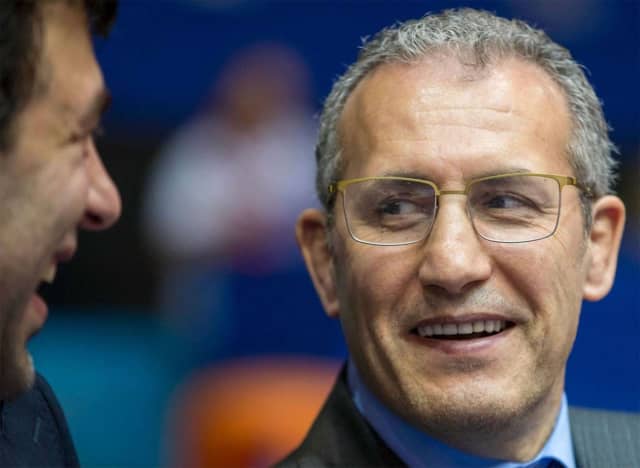"You only have to look around to realise that women are present everywhere in judo. Of course this is the case on the tatami. Here in Tashkent, we have almost the same number of women and men taking part in the competition. There are also female referees, who are more and more numerous and who referee men and women alike, without any value judgment being made. It doesn't even cross our minds to make a comment that could be derogatory, it doesn't exist in judo.
We can therefore say that the women who are present here are here because they are competent and that is all. If we take the case of our Events Director, Dr Lisa Allan, she is in her job because she is the best at it. In education we have women, in refereeing as well as I said, in our executive committee too. Women are important and necessary at all stages of the judo rocket.
This has not always been the case but they have imposed themselves. They had to fight for it. They can be very proud of that. Today, I can say that international judo would not be what it is without the contribution of women. I notice every day that they are conscientious, they do things very seriously, thoroughly, without limit.
It's a bit strange to talk about women in these terms, because in judo, we try not to make a difference. Women and men are complementary and each individually brings what he or she has to give to judo.
To wrap up and go back to what I see on the tatami in Tashkent and at every event on the world circuit, technically I find that the women are more flexible and less powerful than the men, but they give everything they can to win in accordance with the rules and values of our sport. I have as much pleasure following the men and the women."
This shared pleasure expressed by Mohamed Meridja is a common marker of the judo family. Of course, there is still work to be done. While all is not ideal, it is clear that for years judo has been an example of gender equity and equality and will continue to be so for future generations.

